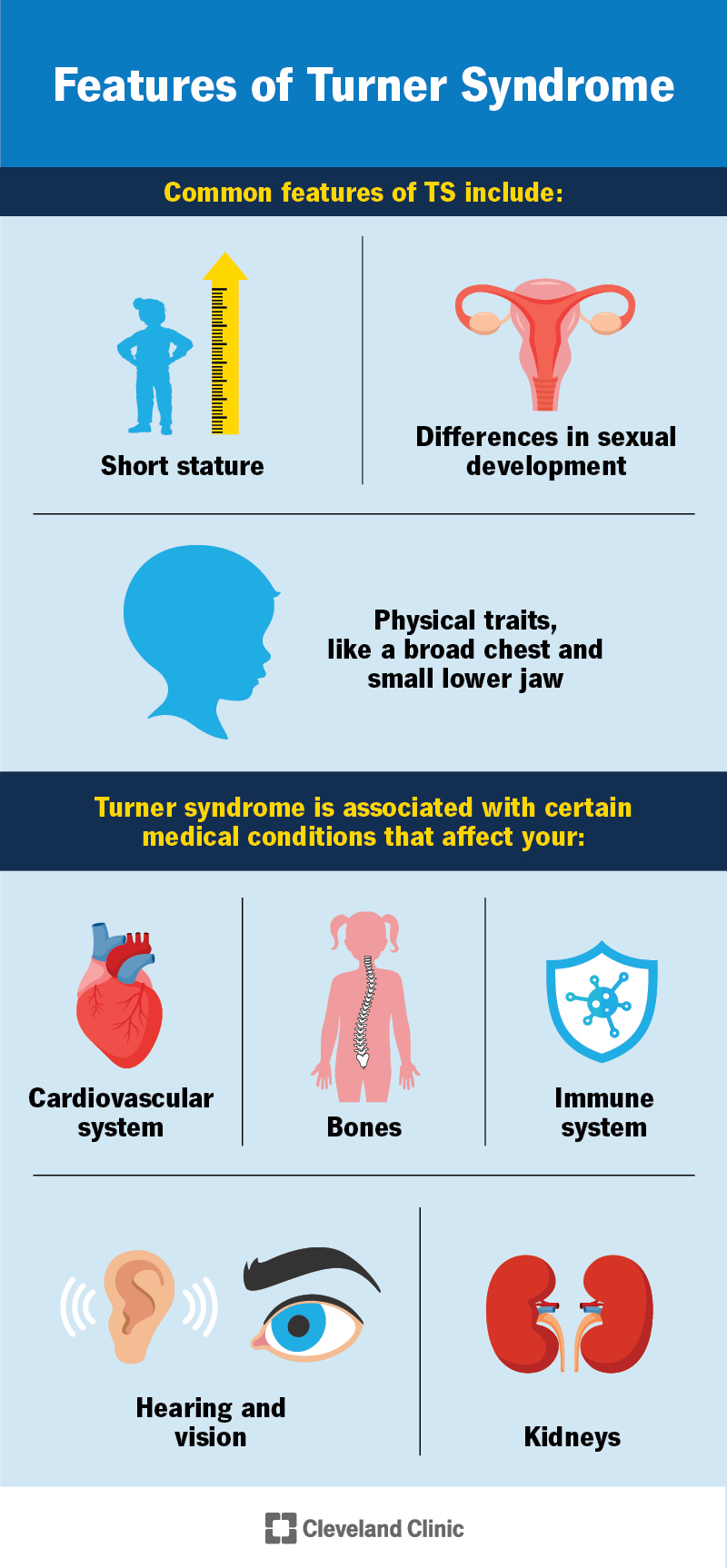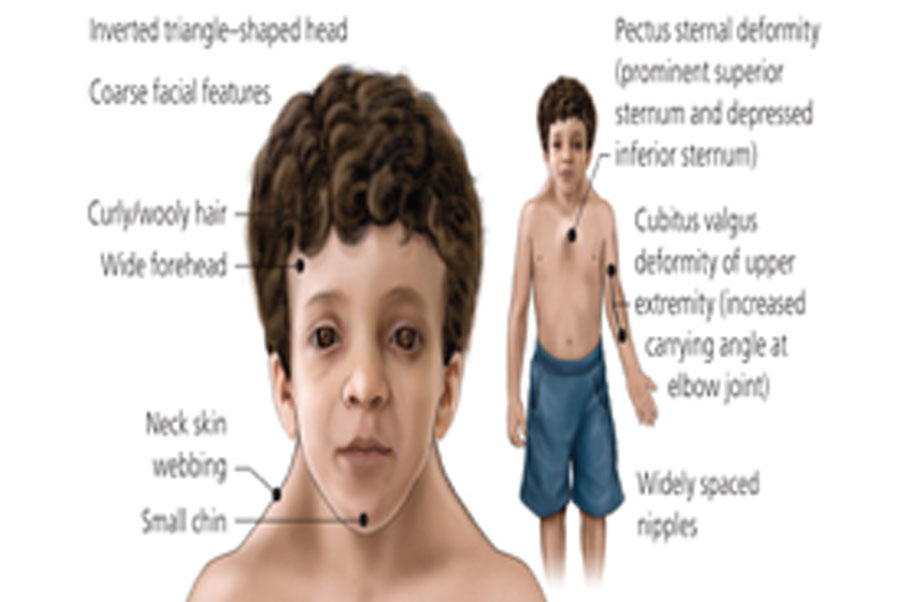Jessica Alba is one of the most celebrated actresses in Hollywood, but there have been rumors and speculations about her health, including whether she has Turner syndrome. Turner syndrome is a genetic condition that affects females, and understanding the truth behind these claims is essential. In this article, we will delve into the details of Jessica Alba's life, her career, and the science behind Turner syndrome to separate fact from fiction.
Turner syndrome is a condition that affects approximately 1 in 2,500 female births worldwide, and it is caused by a partial or complete absence of one of the X chromosomes. This syndrome can lead to various physical and developmental challenges, but it is important to understand the specifics of the condition before making assumptions about anyone's health.
This article aims to provide clarity on whether Jessica Alba has Turner syndrome, while also offering a comprehensive overview of the condition. By the end of this piece, you will have a better understanding of the facts and the importance of accurate information when discussing health conditions.
Read also:Tj Eckleburg In Gravity Falls Unveiling The Hidden Symbolism And Secrets
Table of Contents
- Jessica Alba's Biography
- What is Turner Syndrome?
- Does Jessica Alba Have Turner Syndrome?
- Common Symptoms of Turner Syndrome
- Diagnosing Turner Syndrome
- Genetic Factors in Turner Syndrome
- Treatment Options for Turner Syndrome
- Living with Turner Syndrome
- Debunking Myths About Turner Syndrome
- Conclusion
Jessica Alba's Biography
Early Life and Career
Jessica Biel Alba was born on April 28, 1981, in Pomona, California, to Catherine (nee Jensen) and Mark David Alba. She is of mixed heritage, including Mexican, Danish, and English ancestry. Jessica began her acting career at a young age, appearing in television commercials and small roles in TV series.
Her breakthrough role came in the late 1990s when she starred in the hit TV series "Dark Angel," which showcased her talent and versatility as an actress. Since then, Jessica Alba has become a household name, starring in blockbuster films such as "Fantastic Four," "Sin City," and "Honey, We Shrunk the Kids: Island of the Lost Kids."
Biodata
| Full Name | Jessica Biel Alba |
|---|---|
| Date of Birth | April 28, 1981 |
| Place of Birth | Pomona, California, USA |
| Occupation | Actress, Entrepreneur |
| Spouse | Cash Warren |
| Children | Three daughters |
What is Turner Syndrome?
Turner syndrome is a genetic disorder that affects females. It occurs when one of the two X chromosomes is missing or partially missing. This condition can lead to various physical and developmental challenges, including short stature, infertility, and heart defects. Turner syndrome affects approximately 1 in 2,500 female births worldwide, making it a relatively rare condition.
While Turner syndrome can present with a range of symptoms, not all individuals experience the same severity of the condition. Early diagnosis and treatment can significantly improve the quality of life for those affected by Turner syndrome.
Does Jessica Alba Have Turner Syndrome?
There have been rumors and speculations about Jessica Alba having Turner syndrome, but there is no credible evidence to support these claims. Jessica Alba is a healthy and successful individual who has achieved great success in her career and personal life. She has never publicly disclosed any diagnosis of Turner syndrome, nor has any medical professional confirmed such a condition.
It is important to approach such claims with skepticism and rely on factual information rather than rumors or assumptions. Jessica Alba's success as an actress and entrepreneur speaks volumes about her capabilities and achievements.
Read also:Patriot Addict Deals Your Ultimate Guide To Unbeatable Discounts
Common Symptoms of Turner Syndrome
Physical Characteristics
Individuals with Turner syndrome may exhibit the following physical characteristics:
- Short stature
- Webbed neck
- Low-set ears
- Broad chest with widely spaced nipples
- Swelling of hands and feet
Developmental Challenges
Turner syndrome can also lead to developmental challenges, including:
- Infertility
- Hearing loss
- Heart defects
- Kidney abnormalities
Diagnosing Turner Syndrome
Turner syndrome can be diagnosed through a karyotype test, which involves analyzing a person's chromosomes. This test can be performed prenatally through amniocentesis or chorionic villus sampling, or after birth through a blood test. Early diagnosis is crucial for initiating appropriate treatment and managing potential health issues.
In some cases, Turner syndrome may not be diagnosed until adolescence or adulthood, especially if the symptoms are mild. However, advancements in medical technology have improved the accuracy and timeliness of diagnosis.
Genetic Factors in Turner Syndrome
Turner syndrome is caused by a chromosomal abnormality, specifically the absence or partial absence of one of the X chromosomes. This condition occurs randomly and is not inherited from parents. The exact cause of Turner syndrome is not fully understood, but it is believed to result from errors during the formation of reproductive cells or during early fetal development.
While Turner syndrome cannot be prevented, understanding its genetic basis can help in developing better diagnostic tools and treatment options.
Treatment Options for Turner Syndrome
Hormone Therapy
Growth hormone therapy and estrogen replacement therapy are common treatments for Turner syndrome. These therapies can help manage symptoms such as short stature and delayed puberty, improving the quality of life for affected individuals.
Cardiovascular Care
Individuals with Turner syndrome are at an increased risk of heart defects, making regular cardiovascular care essential. Close monitoring by healthcare professionals can help detect and address any potential issues early on.
Living with Turner Syndrome
While Turner syndrome presents unique challenges, individuals with the condition can lead fulfilling and productive lives with proper medical care and support. Early intervention, regular health check-ups, and a supportive environment are key to thriving with Turner syndrome.
Many organizations and support groups provide resources and guidance for individuals and families affected by Turner syndrome, fostering a sense of community and understanding.
Debunking Myths About Turner Syndrome
There are several misconceptions about Turner syndrome that need to be addressed:
- Myth: Turner syndrome only affects physical appearance.
Fact: While physical characteristics are common, the condition can also impact fertility, cardiovascular health, and overall development. - Myth: Turner syndrome is inherited.
Fact: Turner syndrome occurs randomly and is not passed down from parents. - Myth: Individuals with Turner syndrome cannot lead normal lives.
Fact: With appropriate treatment and support, individuals with Turner syndrome can achieve success in various aspects of life.
Conclusion
In conclusion, the claim that Jessica Alba has Turner syndrome is unfounded and lacks credible evidence. Jessica Alba is a talented and accomplished individual who has made significant contributions to the entertainment industry and beyond. Understanding Turner syndrome and its effects is crucial for dispelling myths and promoting accurate information.
We encourage readers to seek reliable sources when researching health conditions and to approach rumors with a critical mindset. If you found this article informative, please share it with others and explore more articles on our website for further insights into health and wellness topics.
References:
- Turner Syndrome Society of the United States
- National Institutes of Health
- Mayo Clinic


